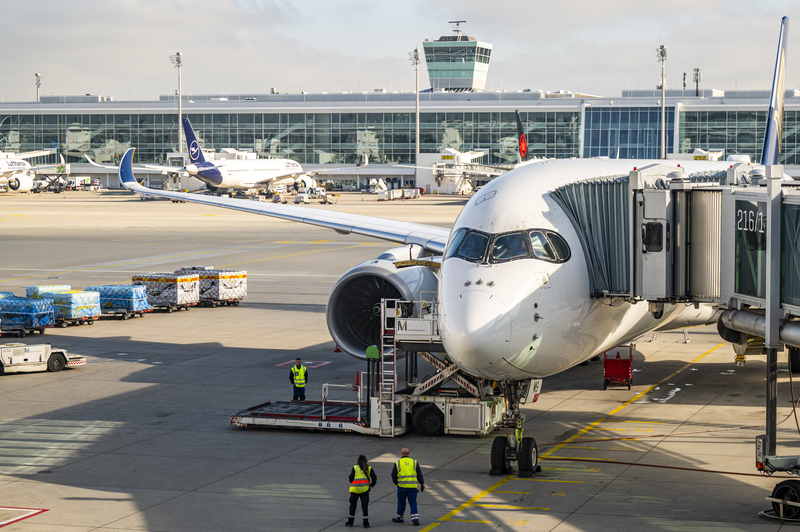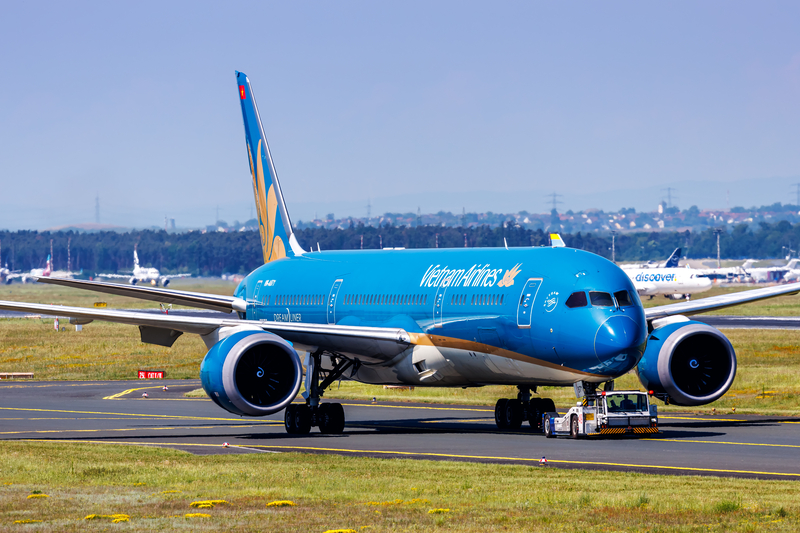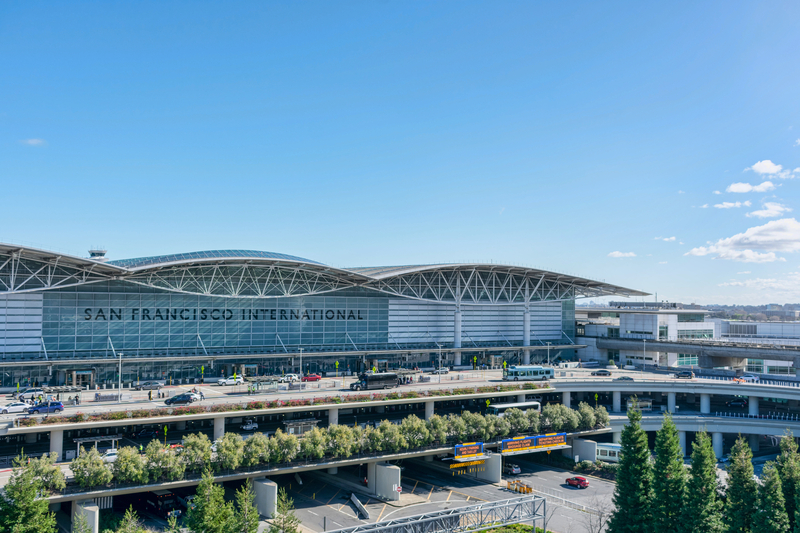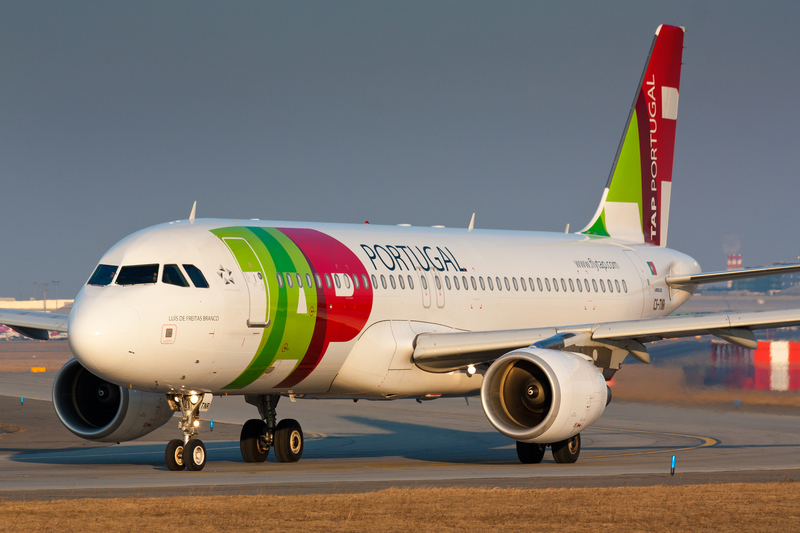Fraport Shifts Focus to International Airports Amid Stagnant Frankfurt Traffic

ID 347286259 | Airport © Szymon Bartosz | Dreamstime.com
Fraport AG, the operator of Frankfurt Airport (FRA), is increasing its reliance on international airport operations due to stagnant passenger growth at its primary hub in Frankfurt. While the airport saw a 3.7% increase in passengers in 2024, the total of 61.6 million travelers remains significantly below its pre-pandemic peak of 70.6 million passengers in 2019. In contrast, Fraport’s international airports have experienced stronger growth, prompting the company to diversify its strategic focus.
Frankfurt Airport’s Traffic Challenges
Despite a slight recovery, Frankfurt Airport continues to struggle with several challenges:
- Regulatory Costs: High regulatory and operational costs in Germany have impacted competitiveness, making Frankfurt less attractive for airline expansion.
- Airline Fleet Constraints: Lufthansa, Frankfurt’s largest airline, has faced aircraft delivery delays, limiting the ability to expand capacity.
- Weaker Domestic Recovery: Unlike some major European hubs, Frankfurt has struggled to regain pre-pandemic traffic levels, with passenger numbers still 12.8% below 2019 figures.
Strong Performance at Fraport’s International Airports
As Frankfurt struggles, Fraport’s international airport investments have delivered stronger results:
- Greek Airports: Fraport manages 14 regional airports in Greece, many of which exceeded pre-pandemic traffic in 2024 due to increased tourism.
- Growing Markets in Asia: Passenger numbers at Fraport’s airports in China and India have seen double-digit growth, significantly outpacing recovery rates in Germany.
- Steady Growth in Latin America: Fraport’s South American operations, including airports in Brazil and Peru, have seen strong post-pandemic travel demand, reinforcing their role in the company’s expansion strategy.
Strategic Implications for Fraport
With Frankfurt Airport’s growth constrained, Fraport is actively shifting investment and operational focus to its international airports:
- Diversification Strategy: Increased reliance on high-growth international airports reduces dependence on German regulatory conditions.
- Long-Term International Investments: Fraport is expected to prioritize infrastructure development and expansion in its foreign assets, capitalizing on stronger demand.
- Modest Frankfurt Growth Projections: Passenger forecasts for Frankfurt Airport in 2025 estimate a modest rise to 64 million passengers, still well below 2019 levels.
Bottom Line
Fraport’s increasing reliance on its international airport network reflects Germany’s challenging aviation landscape. While Frankfurt Airport remains a key hub, slower recovery and higher costs have prompted Fraport to prioritize investments in faster-growing international markets. This strategic shift is likely to continue as the company seeks higher profitability and passenger volume growth outside Germany.



